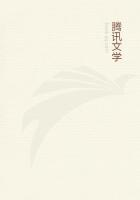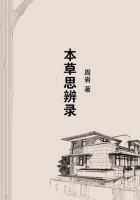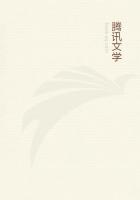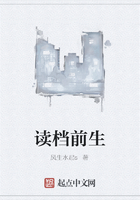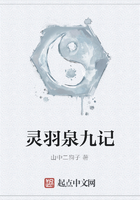9. Experience and testimonies clashing infinitely vary the degrees of probability. Thus far the matter goes easy enough. Probability upon such grounds carries so much evidence with it, that it naturally determines the judgment, and leaves us as little liberty to believe or disbelieve, as a demonstration does, whether we will know, or be ignorant. The difficulty is, when testimonies contradict common experience, and the reports of history and witnesses clash with the ordinary course of nature, or with one another; there it is, where diligence, attention, and exactness are required, to form a right judgment, and to proportion the assent to the different evidence and probability of the thing: which rises and falls, according as those two foundations of credibility, viz. common observation in like cases, and particular testimonies in that particular instance, favour or contradict it. These are liable to so great variety of contrary observations, circumstances, reports, different qualifications, tempers, designs, oversights, &c., of the reporters, that it is impossible to reduce to precise rules the various degrees wherein men give their assent. This only may be said in general, That as the arguments and proofs pro and con, upon due examination, nicely weighing every particular circumstance, shall to any one appear, upon the whole matter, in a greater or less degree to preponderate on either side; so they are fitted to produce in the mind such different entertainments, as we call belief, conjecture, guess, doubt, wavering, distrust, disbelief, &c.
10. Traditional testimonies, the further removed the less their proof becomes. This is what concerns assent in matters wherein testimony is made use of: concerning which, I think, it may not be amiss to take notice of a rule observed in the law of England; which is, That though the attested copy of a record be good proof, yet the copy of a copy, ever so well attested, and by ever so credible witnesses, will not be admitted as a proof in judicature. This is so generally approved as reasonable, and suited to the wisdom and caution to be used in our inquiry after material truths, that I never yet heard of any one that blamed it. This practice, if it be allowable in the decisions of right and wrong, carries this observation along with it, viz. That any testimony, the further off it is from the original truth, the less force and proof it has. The being and existence of the thing itself, is what I call the original truth. Acredible man vouching his knowledge of it is a good proof; but if another equally credible do witness it from his report, the testimony is weaker: and a third that attests the hearsay of an hearsay is yet less considerable. So that in traditional truths, each remove weakens the force of the proof: and the more hands the tradition has successively passed through, the less strength and evidence does it receive from them. This I thought necessary to be taken notice of: because I find amongst some men the quite contrary commonly practised, who look on opinions to gain force by growing older; and what a thousand years since would not, to a rational man contemporary with the first voucher, have appeared at all probable, is now urged as certain beyond all question, only because several have since, from him, said it one after another. Upon this ground propositions, evidently false or doubtful enough in their first beginning, come, by an inverted rule of probability, to pass for authentic truths; and those which found or deserved little credit from the mouths of their first authors, are thought to grow venerable by age, are urged as undeniable.
11. Yet history is of great use. I would not be thought here to lessen the credit and use of history: it is all the light we have in many cases, and we have in many cases, and we receive from it a great part of the useful truths we have, with a convincing evidence. Ithink nothing more valuable than the records of antiquity: I wish we had more of them, and more uncorrupted. But this truth itself forces me to say, That no probability can rise higher than its first original. What has no other evidence than the single testimony of one only witness must stand or fall by his only testimony, whether good, bad, or indifferent; and though cited afterwards by hundreds of others, one after another, is so far from receiving any strength thereby, that it is only the weaker. Passion, interest, inadvertency, mistake of his meaning, and a thousand odd reasons, or capricios, men's minds are acted by, (impossible to be discovered,)may make one man quote another man's words or meaning wrong. He that has but ever so little examined the citations of writers, cannot doubt how little credit the quotations deserve, where the originals are wanting; and consequently how much less quotations of quotations can be relied on. This is certain, that what in one age was affirmed upon slight grounds, can never after come to be more valid in future ages by being often repeated. But the further still it is from the original, the less valid it is, and has always less force in the mouth or writing of him that last made use of it than in his from whom he received it.

